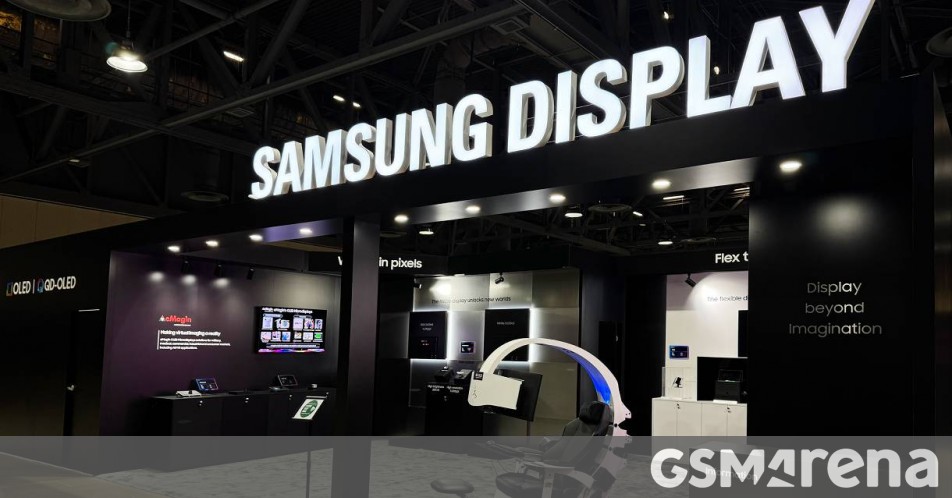The Samsung Galaxy XR uses two micro-OLED displays built by Sony using “OLED on Silicon” (OLEDoS) technology. Samsung Display has reportedly started mass producing OLEDoS panels, according to ETNewsand will become a second supplier for the XR headset.
This generation of OLEDoS creates white OLEDs on a silicon wafer and uses color filters for RGB colors. The ones in the Galaxy XR are 1.3” in size and have 3,552 x 3,840px resolution – there’s one panel for each eye.

Sony also supplies OLEDoS panels for the Apple Vision Pro. Apple had expressed interest in using Samsung OLEDoS panels as a cost-saving measure. The initial reports were that this would be used for the cheaper Vision headset, but that has since been canceled.
Even so, more competition will help reduce prices. According to a market researcher at Omdia, small 0.49” OLEDoS panels cost $25 in 2024 and were expected to drop to $20 this year and to $17 next year. Of course, larger panels cost a lot more. Omdia says that the OLEDoS market is still a fraction of the market for regular OLED displays, but if growing competition reduces prices, such displays may see wider adoption.
DJI’s Goggles 2, which are used for FPV flights with DJI drones, also use OLEDoS panels, but they are 1080p instead of 4K class. Meta is reportedly looking to adopt OLEDoS for a 2026 Quest release (the Quest 3 uses LCD).

Samsung has already demonstrated several 1.3” OLEDoS panels with RGB, i.e. ones that use red, green and blue diodes instead of just white diodes. This removes the need for a color filter. The company also showcased smaller 0.62” OLEDoS panels, both white-only and RGB.


